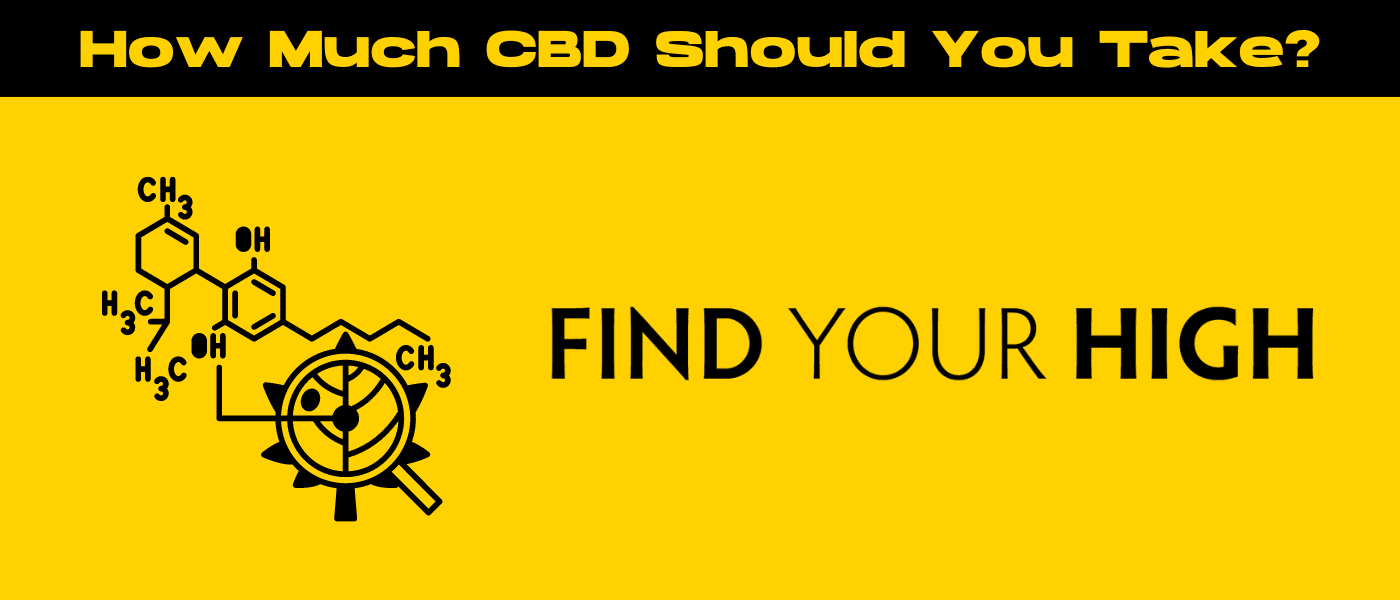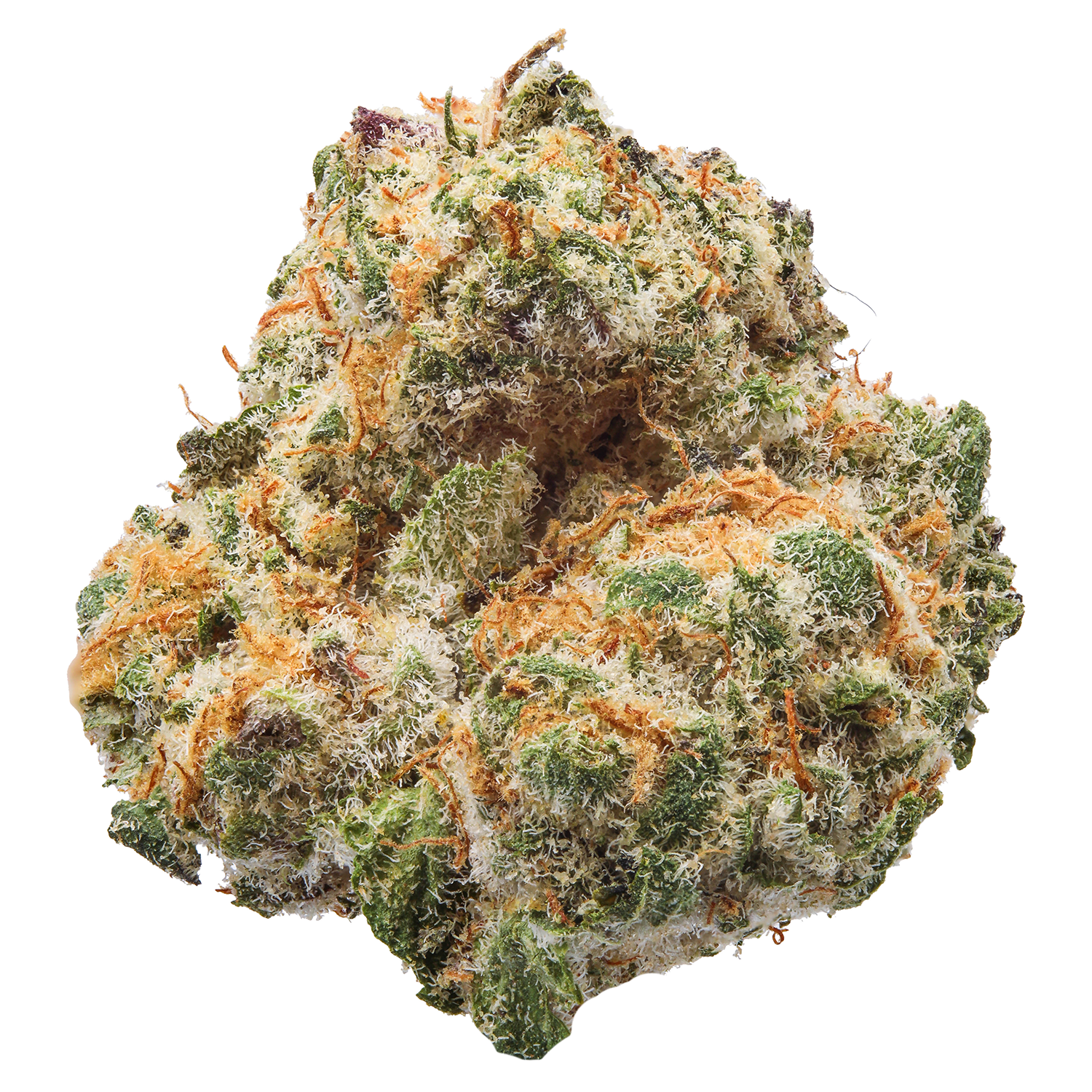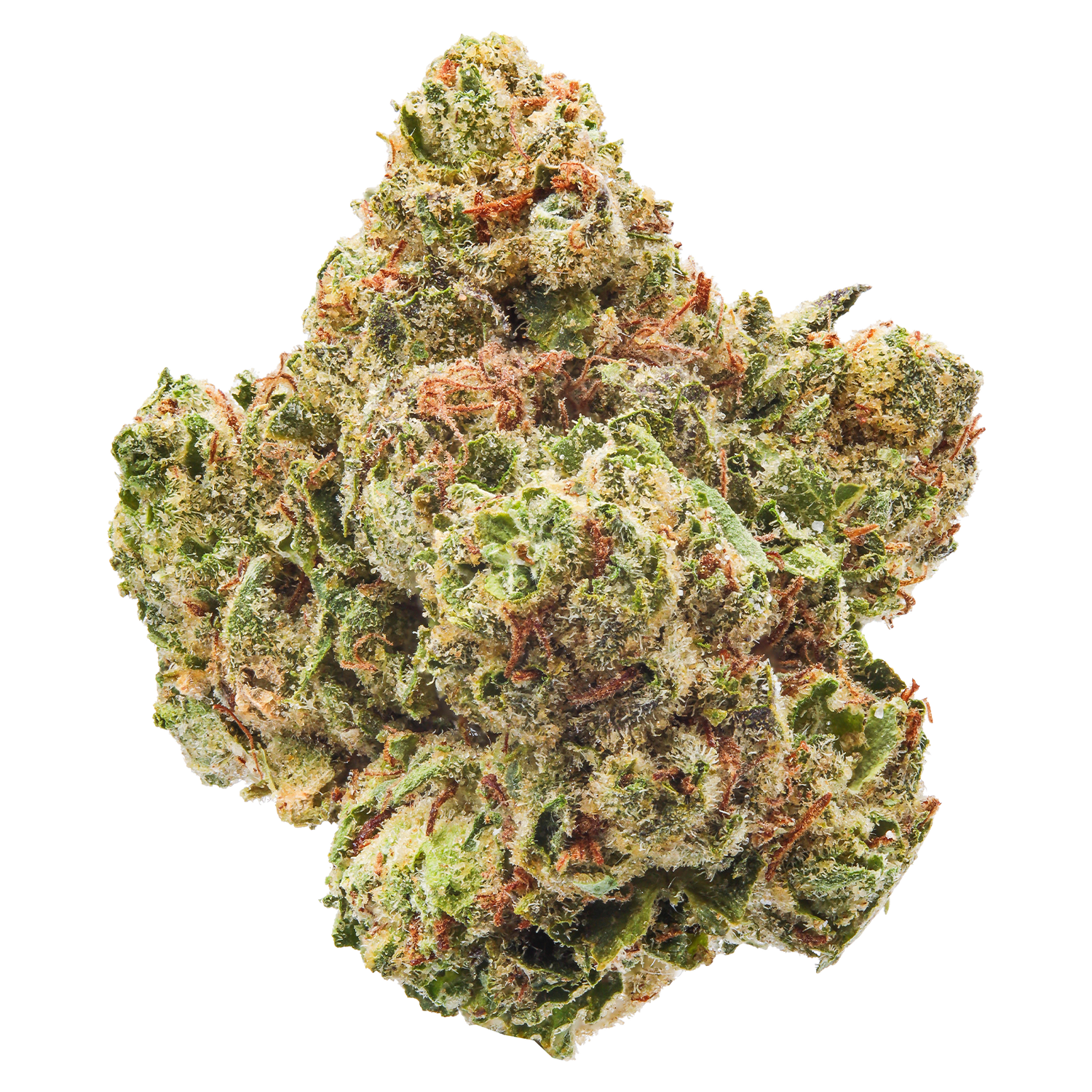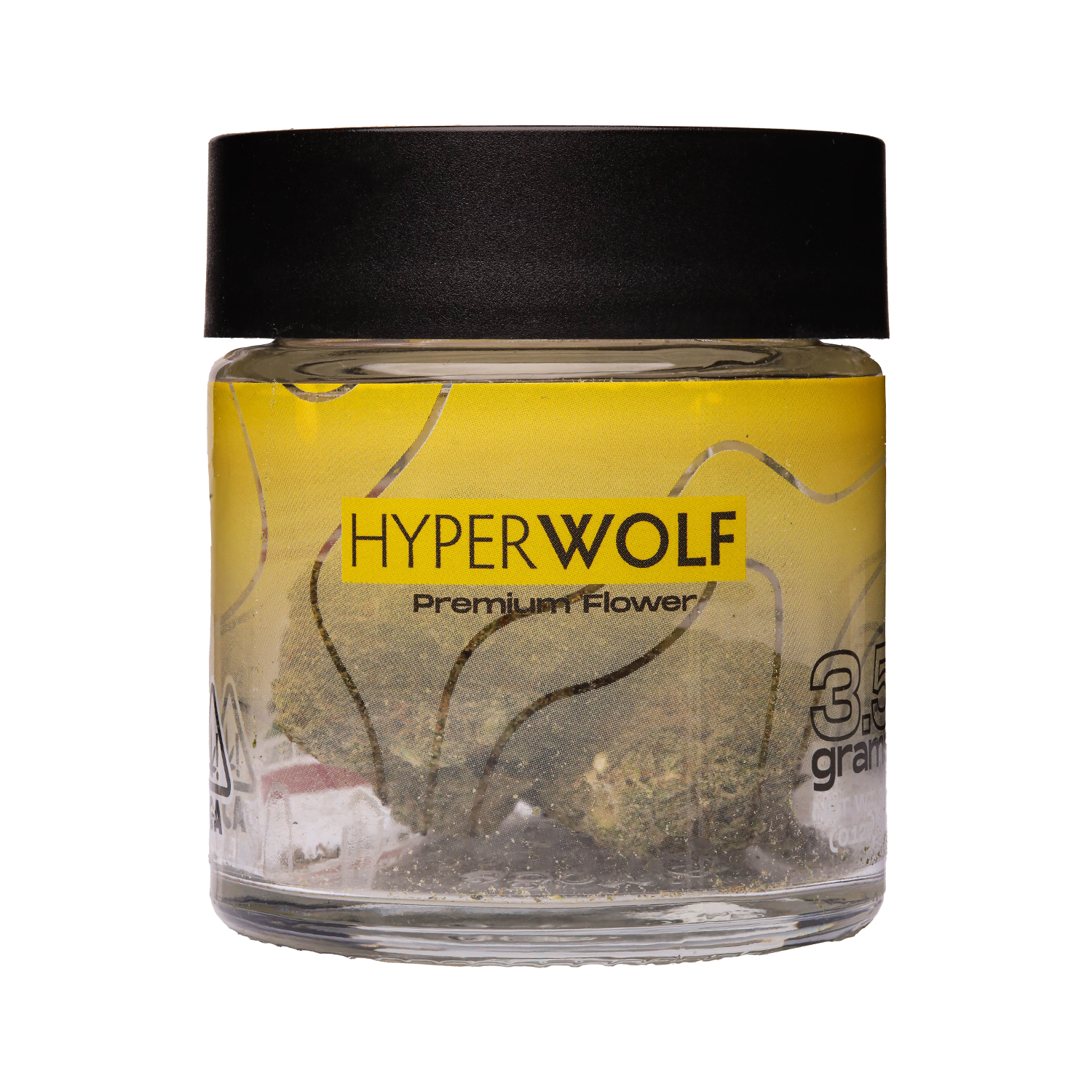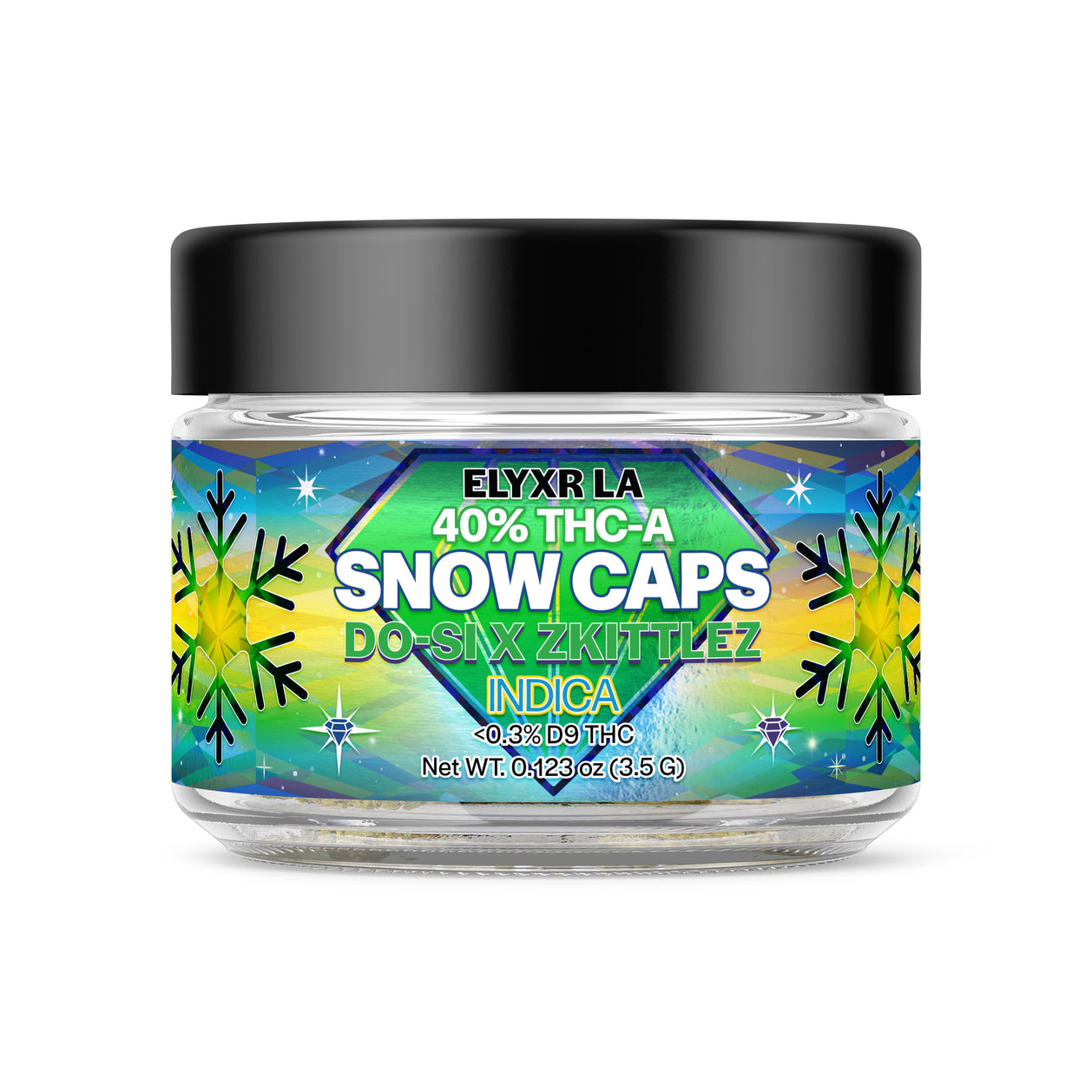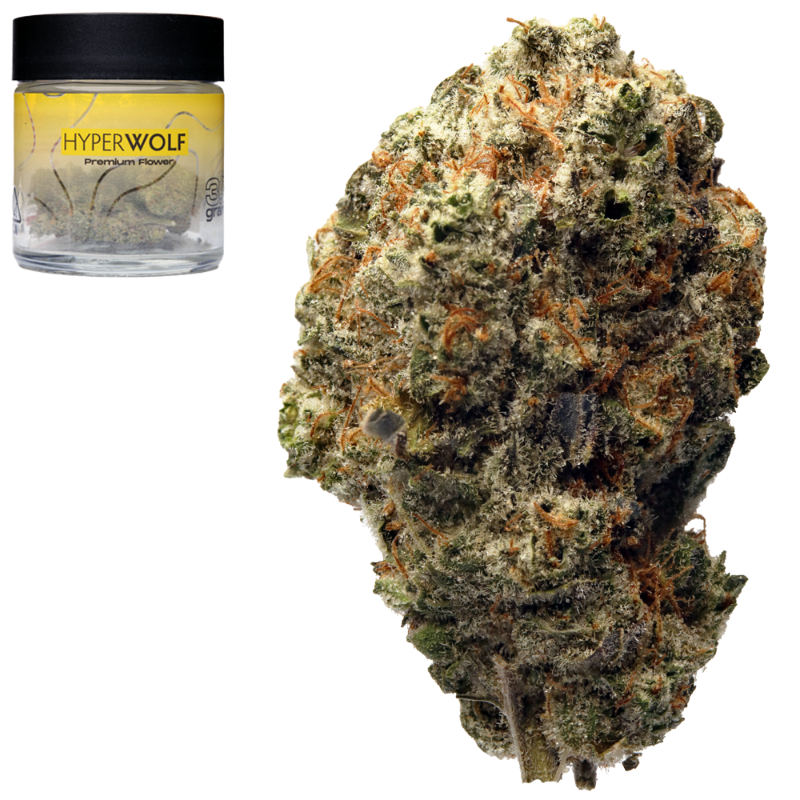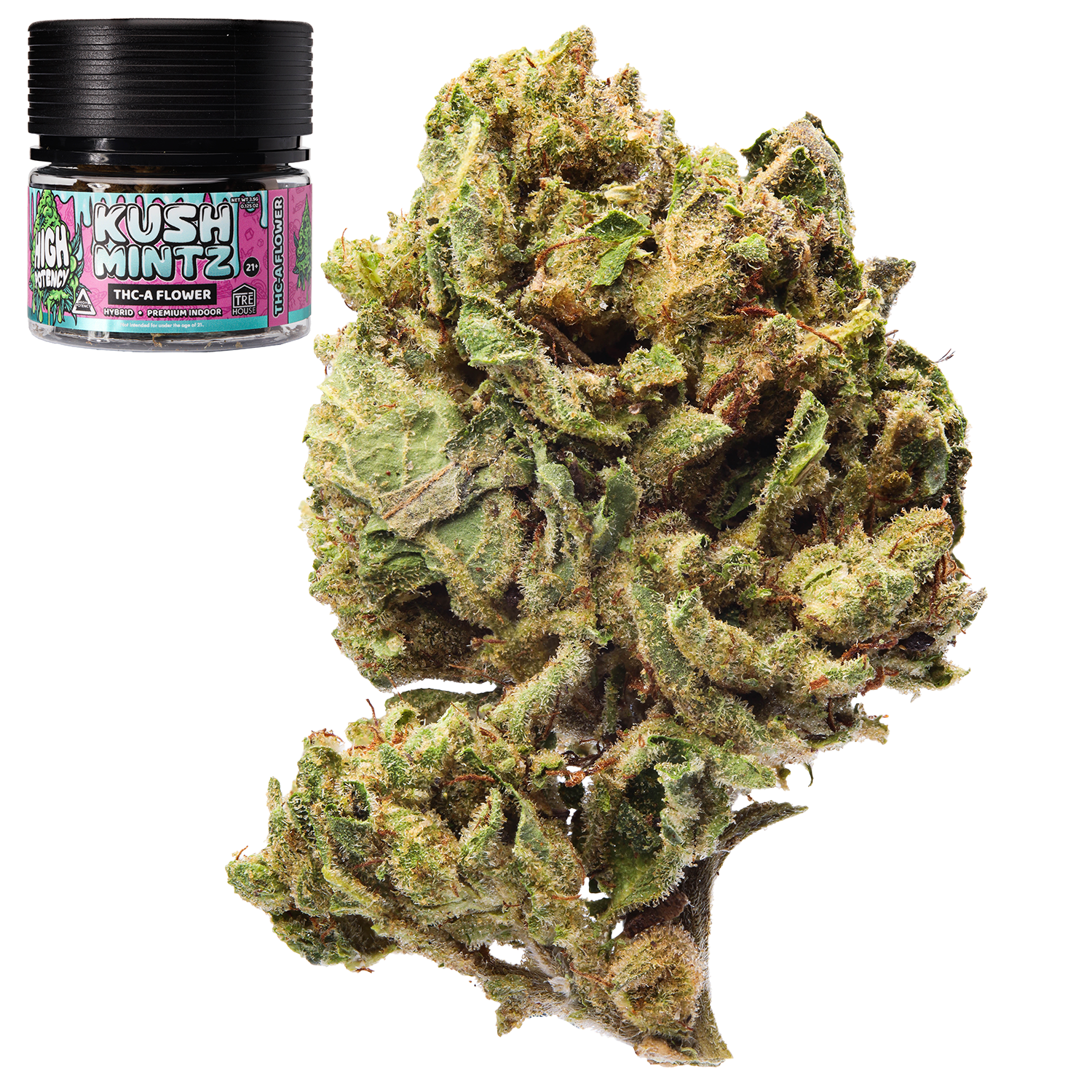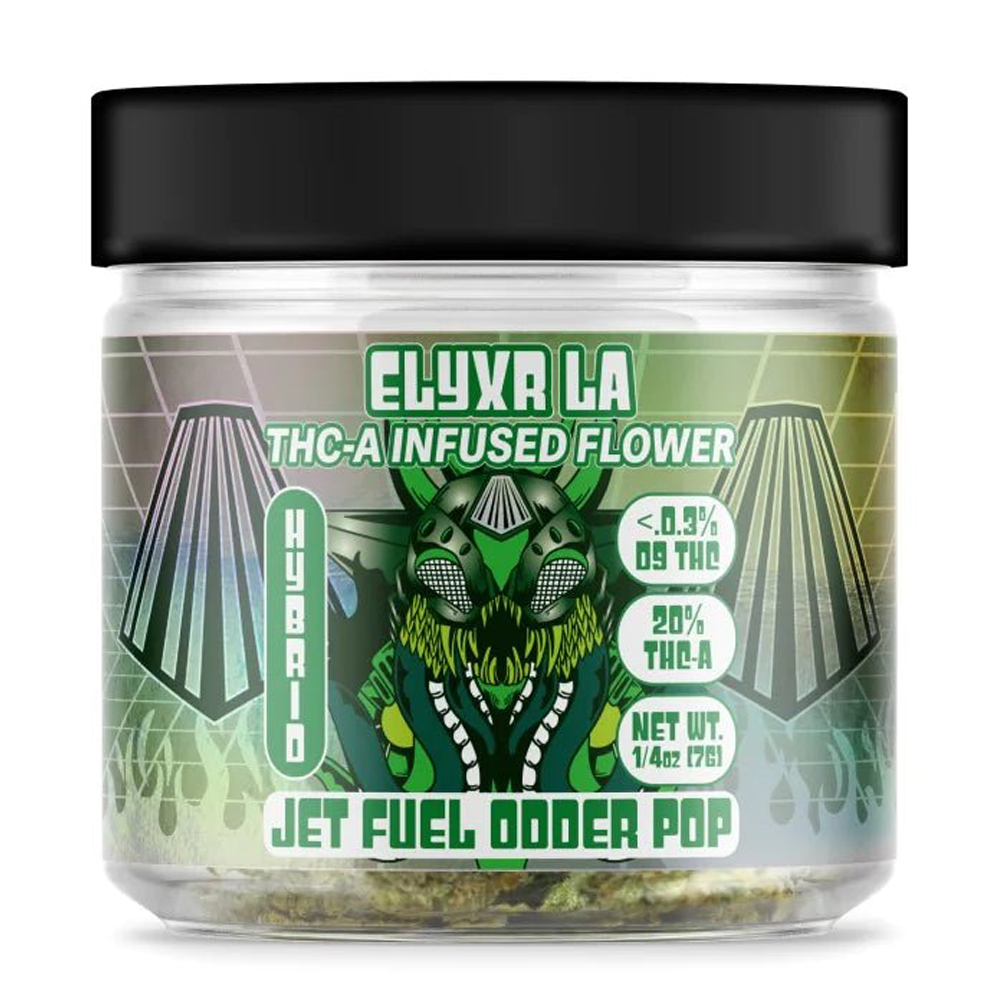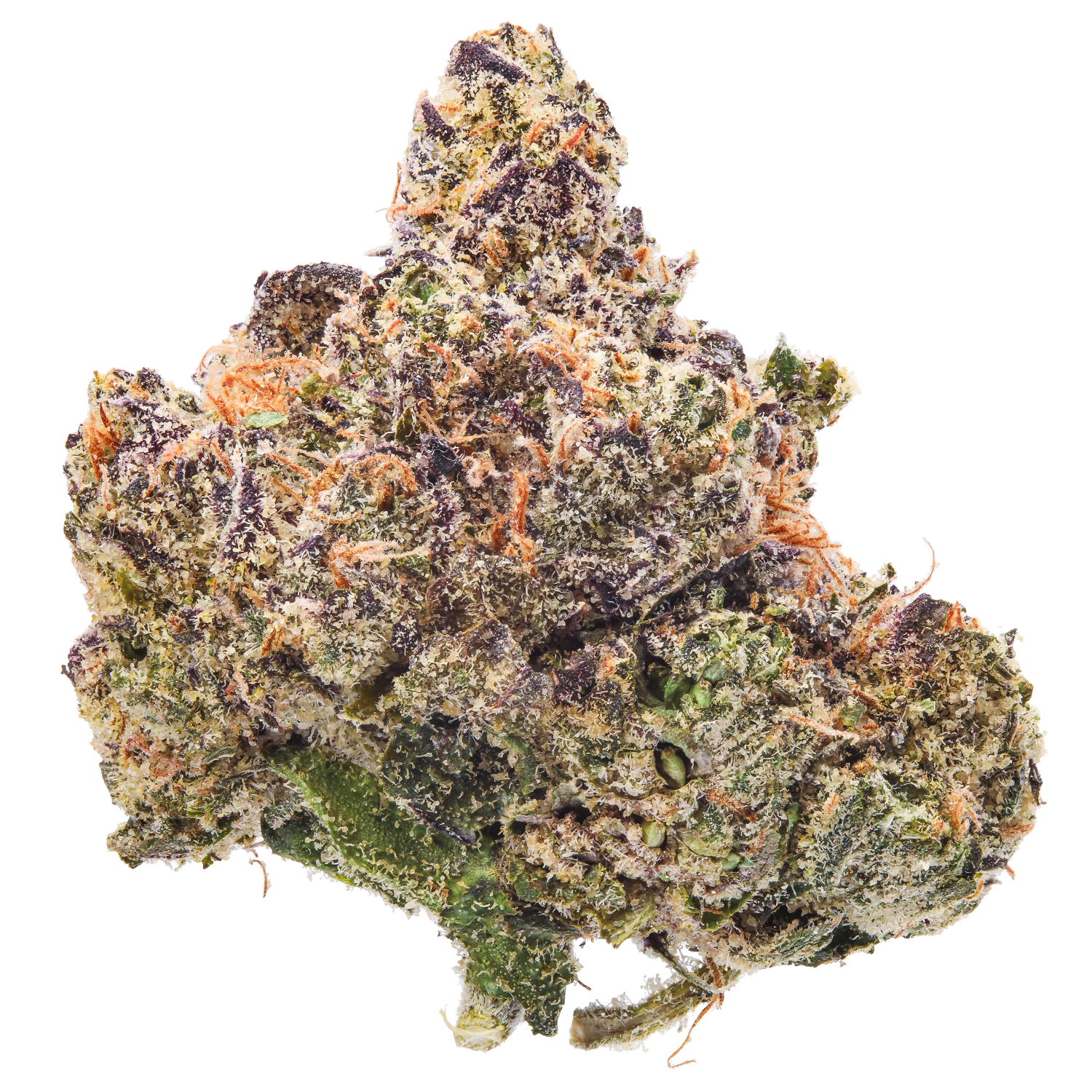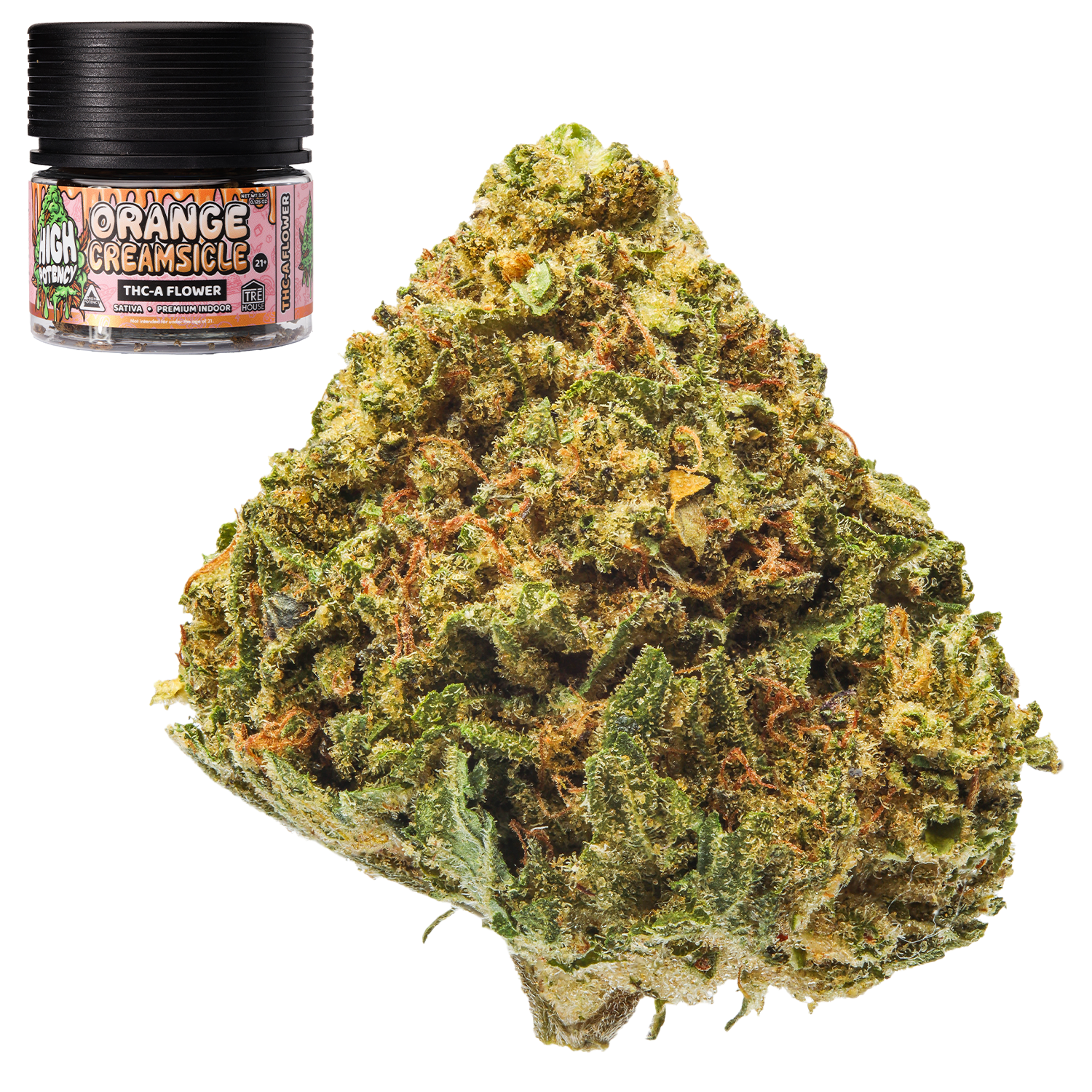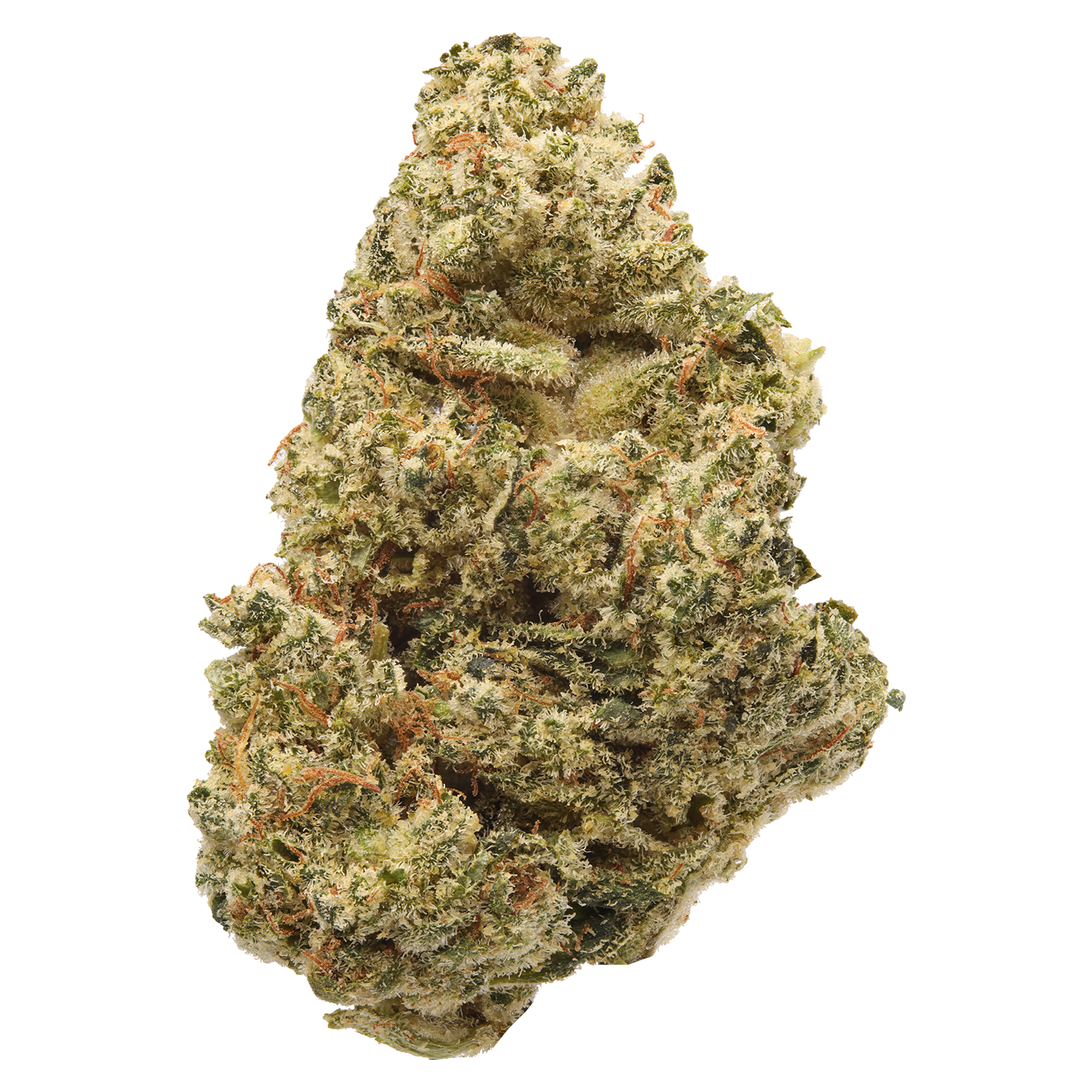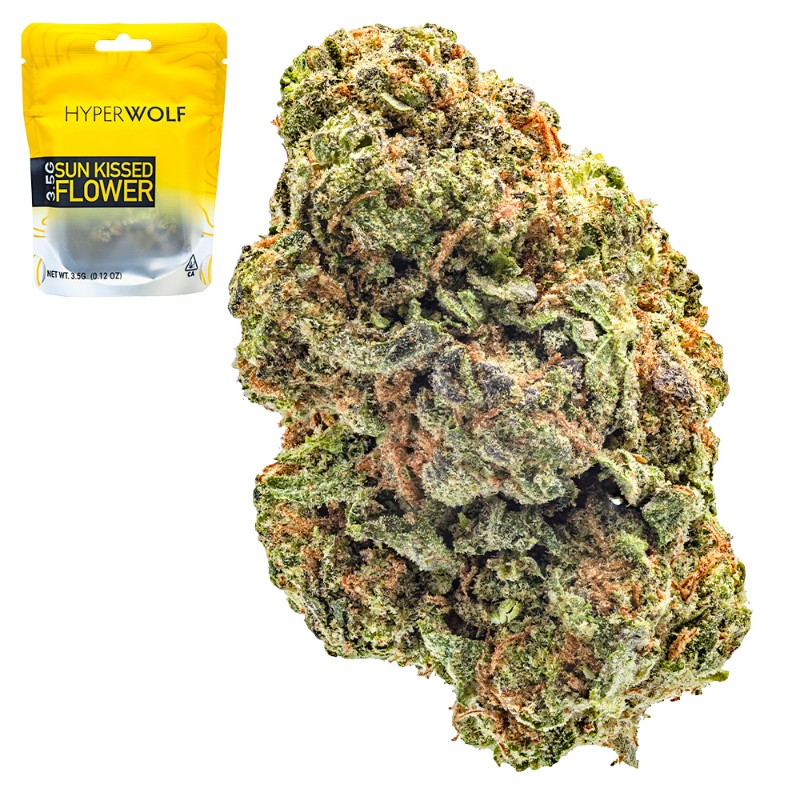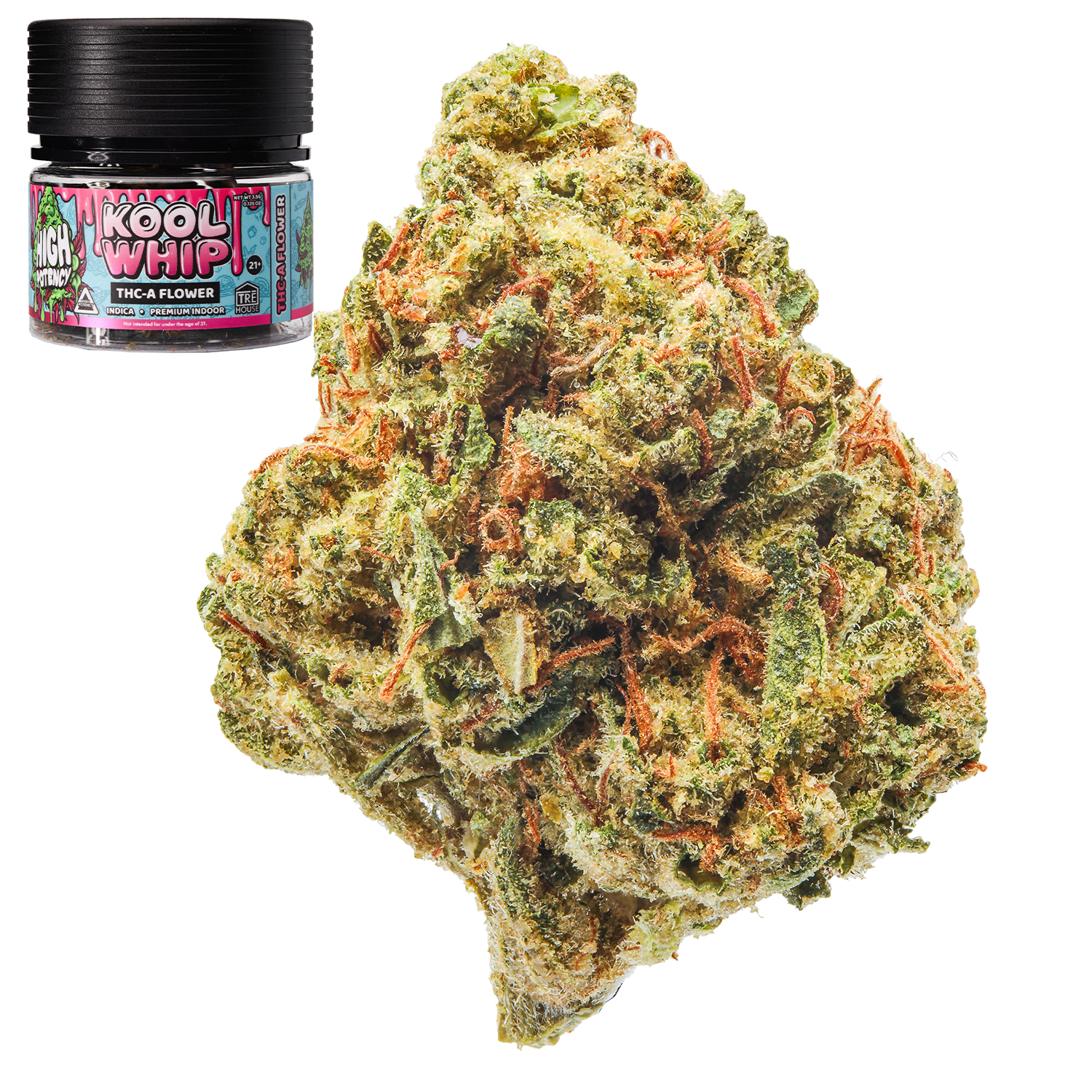If you’re new to the world of CBD, you’re definitely not alone—and you’re probably wondering, “How much should I take to actually feel something?” Or, “How much CBD should a beginner start with?”
Whether you’re looking to ease anxiety, sleep better, or manage daily discomfort, CBD has a reputation for offering calm without the high. But let’s be honest: finding your sweet spot with CBD isn’t always straightforward. The dosage that works wonders for one person might do next to nothing for someone else. That’s why starting with the right amount is crucial.
In this guide, we’re breaking down everything you need to know to confidently begin your CBD journey—from understanding concentrations and delivery methods to identifying the right starting dose for your unique body. So, whether you’re holding a tincture, gummy, or capsule, keep reading—we’re about to demystify CBD dosing once and for all.
What Is CBD?
CBD, short for cannabidiol, is a naturally occurring compound found in cannabis plants—mainly hemp. Unlike its cannabinoid cousin THC, CBD doesn’t get you high. Instead, it interacts with your body’s endocannabinoid system, which plays a role in regulating everything from mood and sleep to pain and inflammation.
You’ll often find cannabidiol in CBD oils, tinctures, gummies, capsules, and even skincare products. It’s used by people seeking relief from stress, anxiety, chronic pain, insomnia, and more. The appeal of CBD is largely due to its ability to provide therapeutic benefits without altering your mental state, making it a go-to option for daily wellness support.
Despite its mainstream popularity, many beginners still find the world of CBD a little overwhelming—especially when it comes to dosing. That’s where this guide comes in.
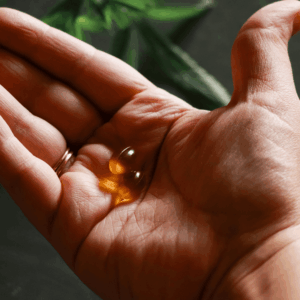
Why Dosing CBD Correctly Is Important
When it comes to the appropriate CBD dosage, more isn’t always better. Starting with too high of a dose can lead to side effects like grogginess, dry mouth, or even nausea—while taking too little might leave you wondering if taking CBD even works at all. That’s why dialing in your ideal dose is key to maximizing the health benefits.
CBD is known for its biphasic properties, which means that it can produce different effects at different doses. A small dose might help you stay alert and focused, while a larger dose could make you feel relaxed or sleepy. Because everyone processes CBD differently, there’s no one-size-fits-all, optimal dose.
Instead, experts recommend a “start low and go slow” approach—giving your body time to respond before increasing your dose. It’s all about balance, consistency, and tuning into your body’s feedback.
Factors That Affect Your CBD Dosage
Several variables play into how much CBD you’ll need to feel its effects. Here are a few of the biggest factors:
- Body Weight and Composition: Generally, people with higher body weight may require more CBD to feel the same effects as someone lighter.
- Metabolism: Your metabolic rate influences how quickly your body processes CBD. Fast metabolism = quicker effects (and possibly a need for more frequent dosing).
- Tolerance: New users are more sensitive to CBD, while experienced users may need higher amounts to achieve the same results.
- Symptom Severity: The intensity of the issue you’re treating—be it mild anxiety or chronic pain—can dictate how much CBD you’ll need.
- Delivery Method: The form you take CBD in—oil, edible, vape, etc.—affects how much actually gets absorbed by your body.
These factors help shape a baseline but don’t dictate your final dose. Your ideal amount will come from paying attention to how your body reacts over time.
Understanding CBD Concentration
Ever picked up a bottle labeled “1000mg CBD” and thought, “Cool… but what does that actually mean?” Good question. That number refers to the total amount of CBD in the entire bottle—not per serving. To find out how much CBD you’re getting in each dose, you’ll need to divide the total milligrams by the number of servings.
For tinctures, this usually comes down to how much CBD is in each milliliter (mL). For example, a 30mL bottle with 1000mg of CBD contains roughly 33mg per mL. With gummies or capsules, it’s easier—each piece typically has a set amount (e.g., 10mg or 25mg per unit). Understanding concentration helps you dose accurately, especially when starting out.
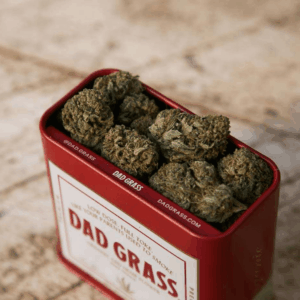
Recommended Starting Dosage for CBD
So, how much CBD should a beginner start with? Most experts recommend 5 to 10mg per dose as a safe and effective starting point. That might look like half a dropper of a low-potency tincture or a single 10mg gummy. Once you’ve taken your initial dose, wait at least a few hours—and ideally 24—to assess how you feel.
If after a few days you’re not experiencing the desired effects, you can increase your dose by 5mg. Continue this process gradually, checking in with how your body responds after each adjustment. Keep in mind that CBD effects can build up over time, especially with daily use. Patience and consistency are key here—you’re aiming for a sustainable, long-term CBD regimen.
How to Measure CBD Doses Accurately
Precision matters, especially in the beginning. If you’re using a tincture, check the label to find out how much CBD is in each mL. Most droppers are calibrated, so a full dropper might equal 1mL. Half a dropper = half the dose. Easy, right?
For capsules and gummies, dosing is even more straightforward since each unit contains a fixed amount. Just make sure to read the packaging. Vapes and topicals are a little trickier due to variable delivery and absorption rates—but they’re less common for beginners who want measurable, consistent results. No matter the method, keeping your dosing consistent when you consume CBD will make it easier to fine-tune over time.
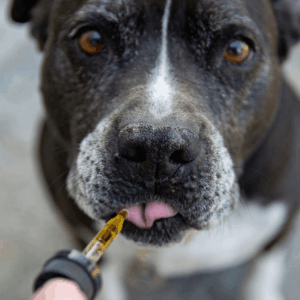
How Long Should You Wait Before Adjusting Your Dose?
A common mistake new users make is assuming CBD isn’t working after one dose. The truth is, CBD can take 3–7 days of consistent use before noticeable effects set in—especially for subtle benefits like improved mood or better sleep.
After 3 to 7 days at your starting dose, evaluate how you’re feeling. If symptoms persist or improvement is minimal, increase your dose by 5mg and continue for another few days. Rinse and repeat as needed, always giving your body enough time to respond before making another jump.
Signs You’ve Found the Right Dose
How do you know when you’ve hit the CBD sweet spot… the right dosage? There are a few telltale signs:
- You feel more balanced, calm, or focused throughout the day.
- You’re sleeping better, or falling asleep faster.
- Pain or inflammation seems reduced.
- There are no unpleasant side effects like dizziness, nausea, or excessive fatigue.
In short, when CBD starts to quietly support your well-being—without drawing attention to itself—that’s when you’ve likely found your ideal dose.
Common Mistakes to Avoid When Dosing CBD
There’s a learning curve with CBD products, and it’s easy to trip up. Here are some pitfalls to watch out for:
- Taking too much CBD too soon: This can increase your risk of side effects without necessarily improving results.
- Inconsistent use: Skipping days or switching products often makes it harder to identify what works and how CBD interacts with your body.
- Not reading labels: Misunderstanding concentration or form (think full spectrum CBD vs. CBD isolate) leads to dosing errors.
- Expecting overnight miracles: CBD usually needs time to take effect—especially for chronic conditions.
Avoiding these mistakes will help you get the most from your CBD experience.
How Different Forms of CBD Affect Dosage
Not all CBD products are created equal when it comes to dosing. Here’s a quick overview:
- Tinctures: Taken sublingually, they offer fast absorption and precise control. Ideal for beginners.
- Capsules: Pre-measured doses but slower onset since they’re digested.
- Gummies/Edibles: Great for taste and convenience, but take longer to kick in (up to 90 minutes).
- Topicals: Best for localized pain or inflammation. No systemic effect, so dosing isn’t as relevant.
- Vapes: Smoking CBD or vaping CBD offers the fastest onset but shortest duration. Harder to control dosage.
Each form has a different bioavailability, which affects how much CBD your body actually absorbs—so the effective dose varies by method.
The Importance of Tracking Your CBD Experience
If you’re serious about finding your ideal dose, tracking is essential. Keep a simple log of:
- What product you used (and its concentration)
- How much you took
- When you took it
- How you felt afterward
This helps you identify what’s working, spot trends, and avoid backtracking. Over time, it’ll become much easier to fine-tune your dosage based on real results.
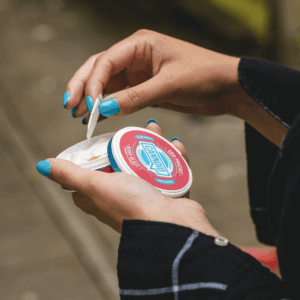
When to Consult a Healthcare Professional
While the right CBD dosage is widely considered safe, it’s smart to talk to your doctor if:
- You’re taking prescription medications (CBD can interact with some drugs)
- You have a chronic condition or are pregnant/nursing
- You experience side effects or allergic reactions
Healthcare professionals can provide personalized guidance, especially if you’re using CBD to manage more serious health concerns.
Realistic Expectations: What to Expect from CBD
CBD is not a magic bullet—and the effects are often subtle. You probably won’t feel a dramatic shift after your first dose. Instead, expect gradual improvements: better sleep, less stress, reduced pain, or a general sense of calm.
Some people feel results within hours, while others take days or even weeks. Set realistic expectations and focus on consistency. Think of full spectrum CBD oil as a wellness tool, not a cure-all.
CBD for Specific Conditions: How to Adjust Your Dose
Different symptoms call for different precise dosing strategies. Here are some general ranges:
- Mild anxiety or stress: 10–20mg daily
- Sleep support: 15–50mg before bed
- Chronic pain or inflammation: 25–75mg daily
- Severe conditions (under medical supervision): 100mg+
These are just guidelines—your body’s response to ingesting CBD is the real deciding factor. Start low, track your results, and adjust as needed.
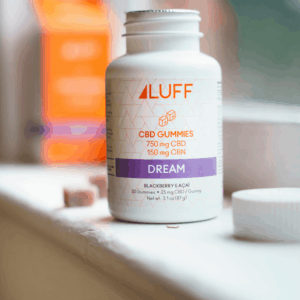
Conclusion
Dosing full spectrum CBD doesn’t have to be a guessing game. By starting with a low to moderate dose, paying attention to your body, and adjusting gradually, you can find the right amount to support your wellness goals. Whether you’re using it for stress, sleep, or soreness, consistency and mindfulness go a long way.
Remember: everyone’s ‘correct’ CBD dosage is different. The key is patience, experimentation, and a little curiosity. With the right approach, CBD products can become a reliable part of your daily routine—and it all starts with a smart first dose.
Frequently Asked Questions
1. What is the best CBD strength for beginners?
For most beginners, starting with a low to moderate strength—typically 300mg to 600mg per bottle for CBD tinctures or 5mg to 10mg per gummy—is ideal. This allows you to gradually increase your appropriate dosage while monitoring how your body reacts without overdoing it.
2. Can you feel CBD the first time?
Some people do notice subtle effects like relaxation, reduced tension, or a clearer mind after their first dose, but for others, it may take several days of consistent use to experience the full benefits. Pure CBD from medical cannabis tends to work best when taken regularly over time.
3. Is 25mg of CBD gummies strong?
Yes, 25mg is considered a moderate to strong dose, especially for beginners. If you’re just starting out, you might want to begin with half a gummy (around 12.5mg) to see how you respond before taking the full amount.
4. What strength of CBD should I start with?
It’s recommended to start with a daily dose of 5mg to 10mg of CBD. This could be one low-dose gummy or a small portion of a tincture. From there, you can slowly increase the dose by 5mg increments every few days until you find what works best for you.
5. Can I consume CBD in incredibly high doses?
While high doses of CBD—sometimes even up to 1,500mg per day—have been shown to be well-tolerated in clinical settings, it’s not generally recommended to consume such large amounts unless advised by a healthcare professional. Taking excessively high doses may increase the risk of side effects like drowsiness, nausea, or liver enzyme changes, and it’s rarely necessary to go that high for most wellness goals. Always start low and increase gradually.




